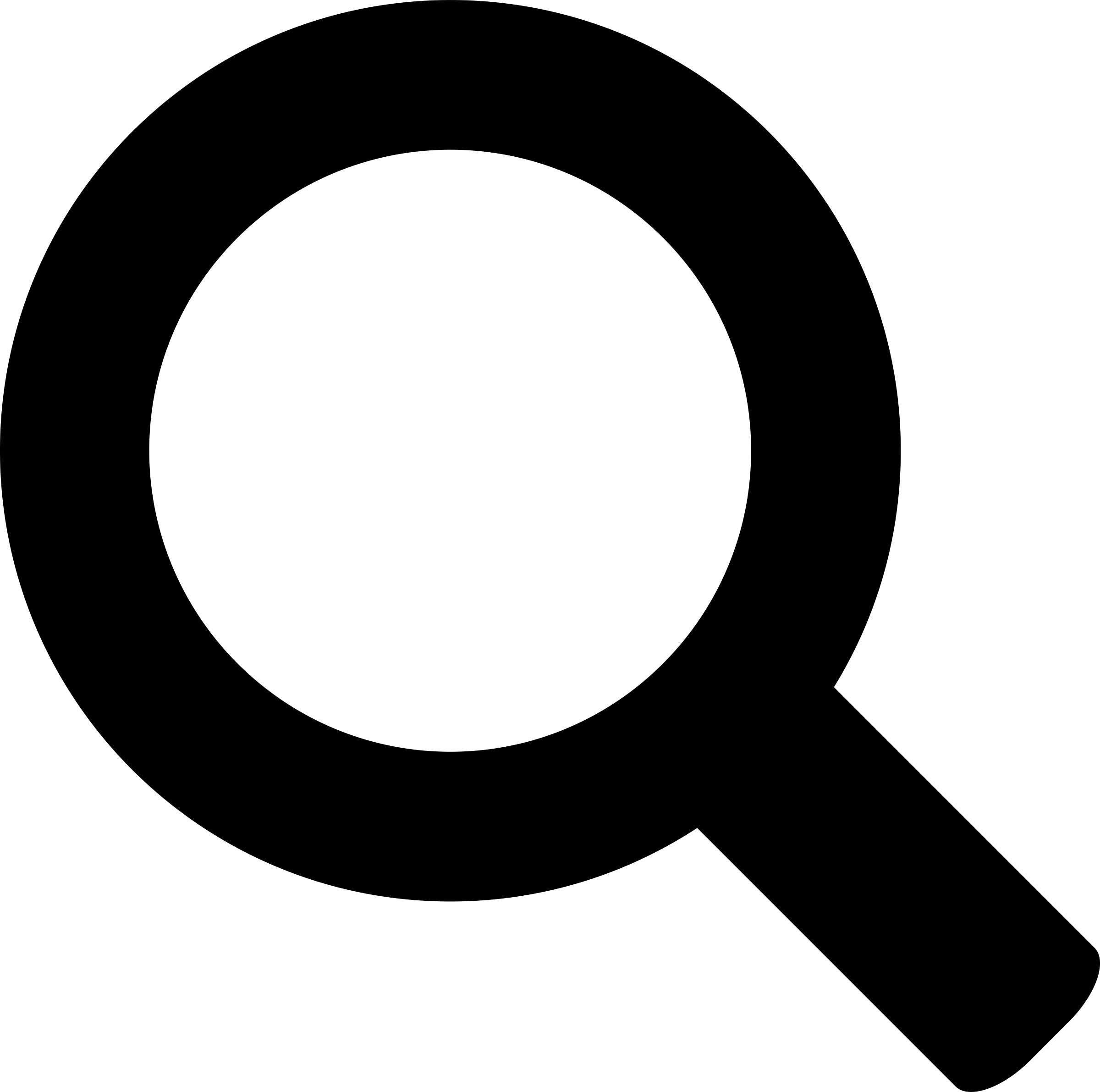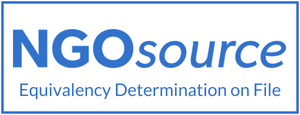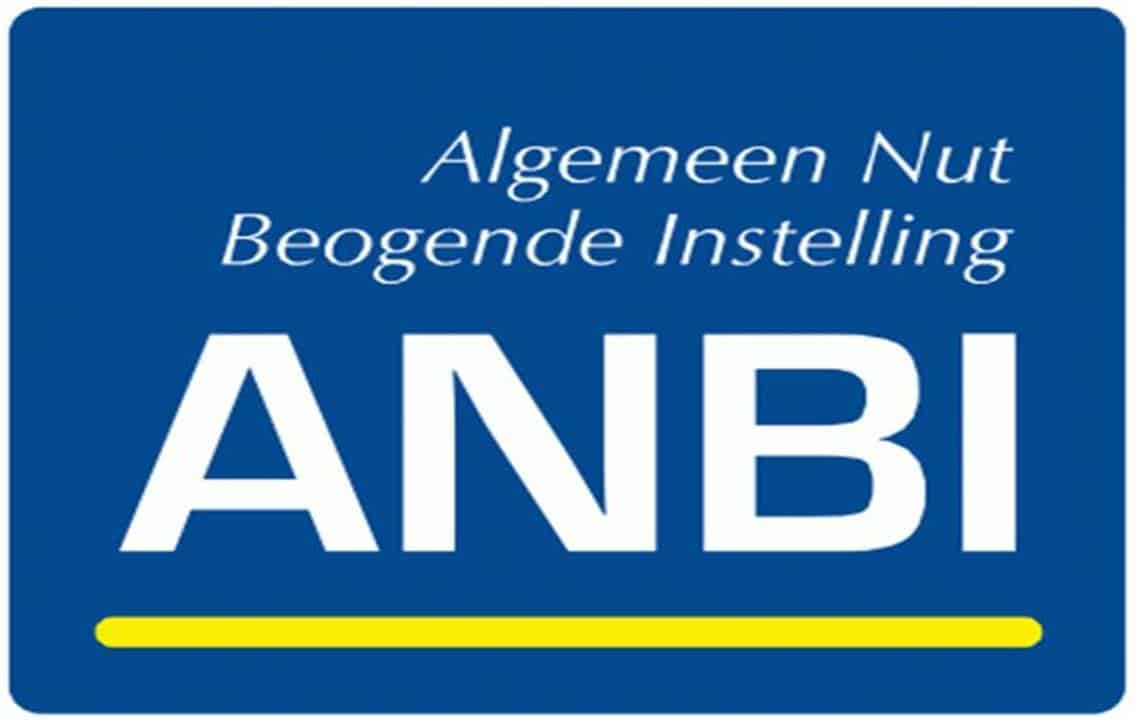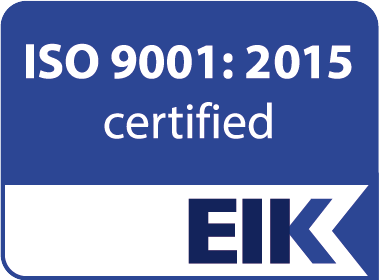A blog written for the CivilSociety20 (C20) on what the G20 can do to address, at a systemic level, the problem of financial access facing nonprofit organizations (NPOs) worldwide - a problem compounded by the humanitarian need that has arisen due to the COVID-19 pandemic.
Specific proposed actions for the G20 include:
i) Recognition by the G20, its bodies and Member States of NPOs as a sector that is negatively affected by bank derisking;
ii) Preparatory discussions in groups within the G20 structure (e.g., at the meetings of finance ministers or within the GPFI) on how to address the issue;
iii) Tasking the GPFI to set up a sub-group on financial access for NPOs (or amend the mandate of an existing group, such as the one looking at the impact of derisking on small and medium enterprises [SMEs]) and monitor the impact of bank derisking on NPOs. The sub-group could develop specific action items regarding NPOs, e.g., including an indicator on monitoring financial access for NPO access in the G20 Financial inclusion Indicators;
iv) Tasking the FATF to address the issues specific to FATF-related processes: the FATF risk-based approach (RBA) and evaluation of compliance with this approach needs to be complemented by the training of its evaluators to look into the potential derisking attitudes of banks as part of the FATF’s effectiveness methodology during peer evaluations. This will enable evaluators to raise concerns about NPO-wide derisking in their country assessment reports.
v) Identifying and promoting institutional-level good practices, including specific policy and reporting reforms, to ensure financial access for NPOs, together with bodies such as the Financial Stability Board (FSB) and the Financial Action Task Force (FATF).
Read the full blog here.




